MAILING ADDRESS :
LOCATION ADDRESS :
Thindlu Main Road, Virupakshapura, Kodigehalli, Bangalore
Thindlu Main Road, Virupakshapura, Kodigehalli, Bangalore
 -
For Emergency 080-48541115
-
For Emergency 080-48541115Thindlu Main Road, Kodigehalli, Bangalore



Lorem ipsum dolor sit amet, consectetur adipiscing elit. Ut elit tellus, luctus nec ullamcorper mattis, pulvinar dapibus leo.Lorem ipsum dolor sit amet, consectetur adipiscing elit. Ut elit tellus, luctus nec ullamcorper mattis, pulvinar dapibus leo.
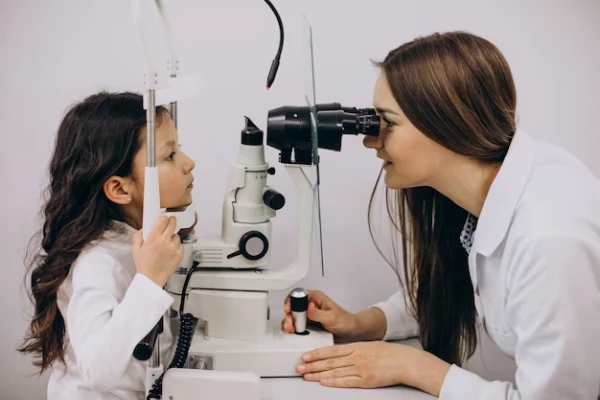
Lorem ipsum dolor sit amet, consectetur adipiscing elit. Ut elit tellus, luctus nec ullamcorper mattis, pulvinar dapibus leo.Lorem ipsum dolor sit amet, consectetur adipiscing elit. Ut elit tellus, luctus nec ullamcorper mattis, pulvinar dapibus leo.


Emergency Medical Services is a comprehensive system that provides pre-hospital emergency medical care and transportation to individuals in need of urgent medical assistance. It is a vital component of healthcare and public safety systems. EMS includes a range of services and professionals dedicated to responding to medical emergencies, accidents, and disasters.
“casualty” refers to a person who has been injured or harmed as a result of an accident, disaster, or medical condition.
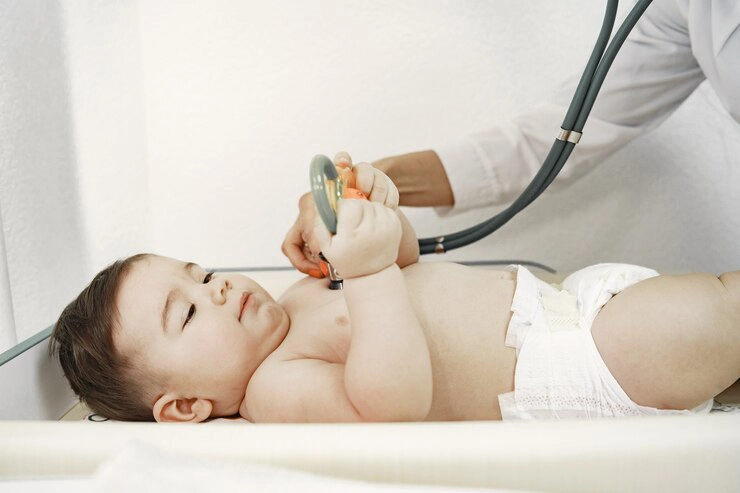

Pediatrics is the branch of medicine that specializes in the care and medical treatment of infants, children, and adolescents. Pediatric healthcare focuses on the unique needs of young patients, from the time of their birth through adolescence.
Neonatology is a subspecialty of pediatrics that focuses on the medical care of newborn infants, particularly those who are born prematurely, have low birth weight, or have complex medical conditions that require intensive care during the neonatal period.
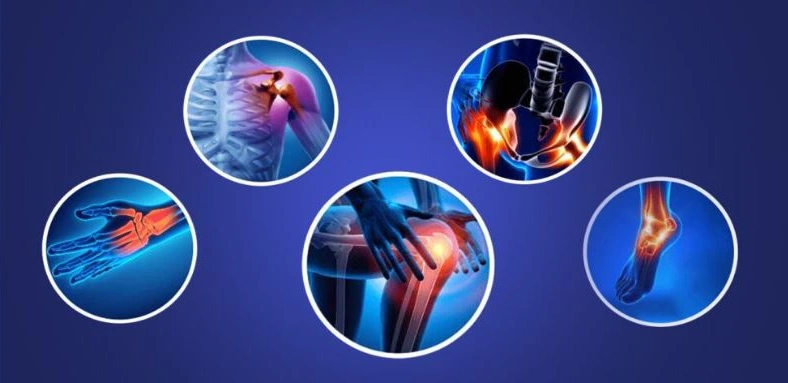







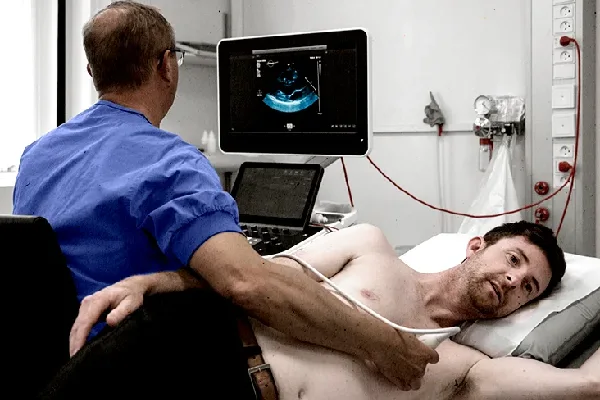
Cardiology, a vital branch of medicine, focuses on the heart and blood vessels. It addresses conditions like coronary artery disease, hypertension, and heart failure. Diagnostic tools such as ECGs and echocardiograms help unveil the heart’s secrets. Treatment modalities range from medications to interventional procedures like angioplasty. Prevention is key, emphasizing lifestyle changes for heart health. Cardiac rehabilitation aids recovery through structured exercise and education. Ultimately, cardiology plays a pivotal role in nurturing cardiovascular well-being.
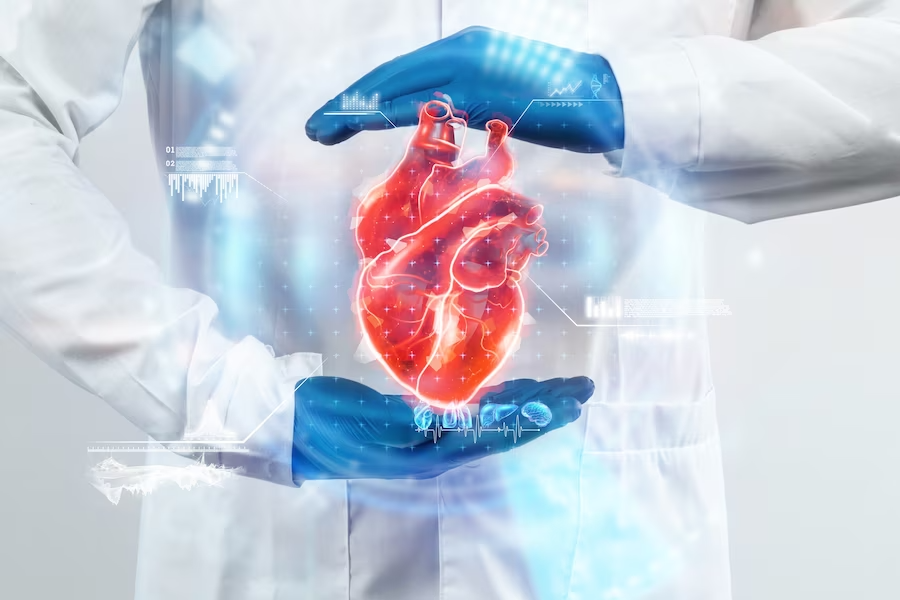
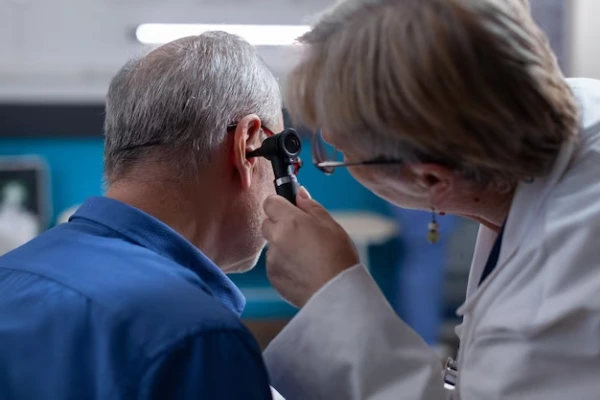



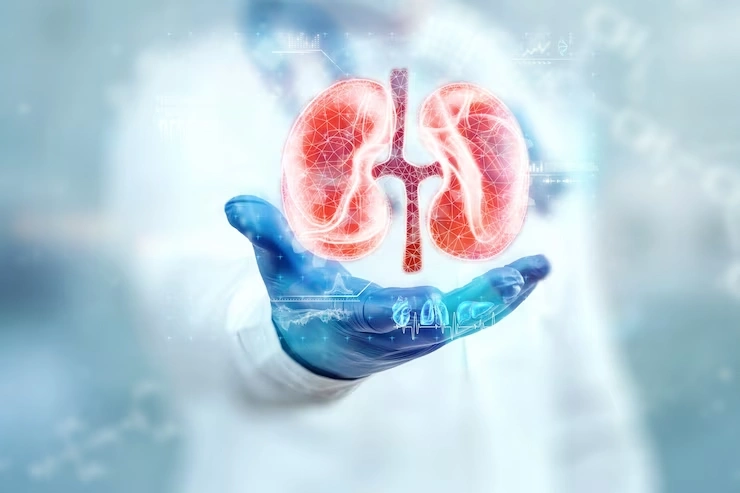





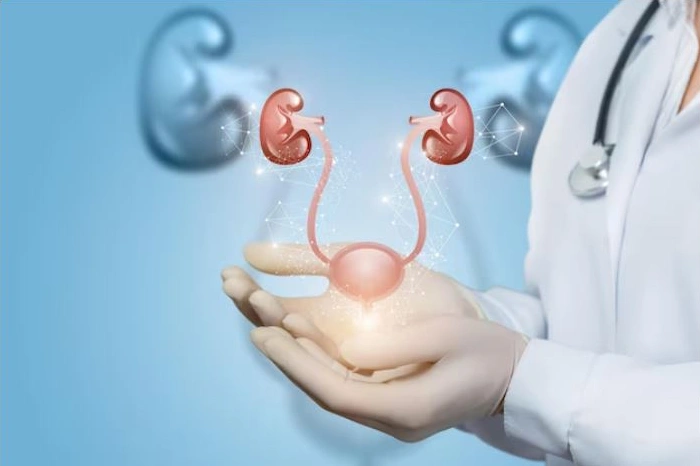



Ophthalmology, a specialized field in medicine, concentrates on eye health and visual well-being. From diagnosing conditions like cataracts and glaucoma to addressing refractive errors, ophthalmologists employ advanced techniques such as retinal examinations and visual field tests. Treatments range from corrective lenses and medications to surgical interventions like cataract removal or laser eye surgery. Regular eye exams are crucial for early detection and preventive care. Ophthalmology extends beyond restoring vision; it contributes significantly to overall quality of life. Trusting your eye care to skilled ophthalmologists ensures a clear focus on maintaining optimal eye health and preserving the gift of sight.






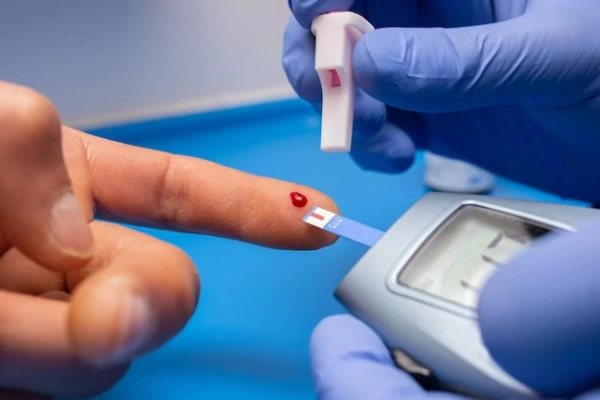






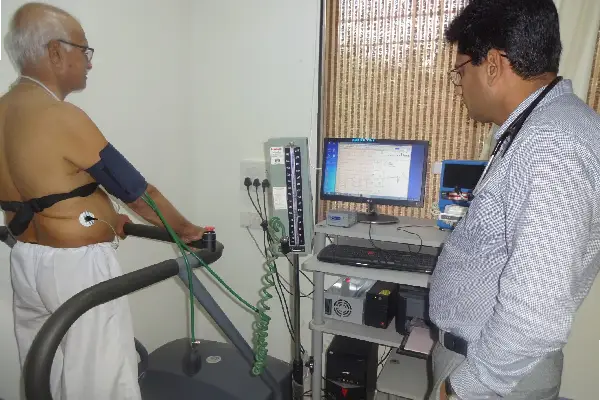
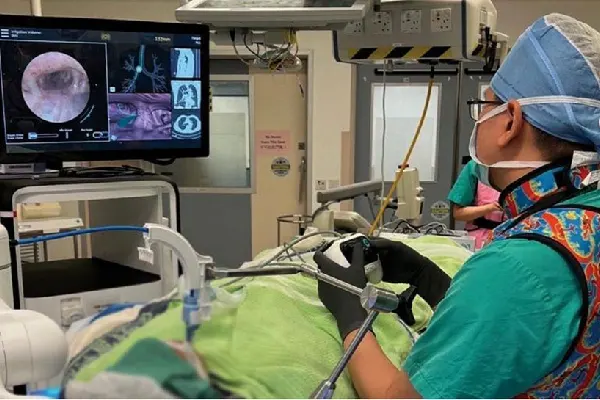




Internal Medicine is a medical specialty that focuses on the diagnosis, treatment, and prevention of a wide range of medical conditions and diseases that affect adults. Internal medicine physicians, also known as internists, are medical doctors who specialize in the care of adults and are often referred to as “doctors for adults.”
Internal medicine covers a wide range of medical conditions, including but not limited to cardiovascular diseases, respiratory diseases, endocrine disorders, gastrointestinal issues, infectious diseases, and rheumatological conditions.


ENT, which stands for Ear, Nose, and Throat, is a medical and surgical specialty that focuses on the diagnosis and treatment of conditions and disorders related to the ear, nose, throat, and related structures in the head and neck. This specialty is also known as Otolaryngology-Head and Neck Surgery.
ENT physicians, often referred to as otolaryngologists, are medical doctors who specialize in providing comprehensive care for patients with a wide range of issues affecting these areas.




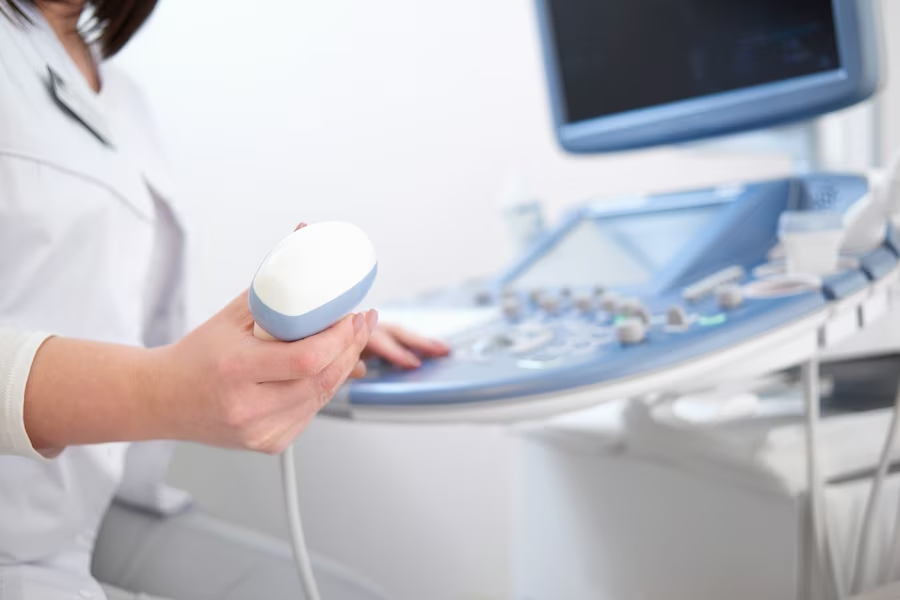






Ophthalmology, a specialized field in medicine, concentrates on eye health and visual well-being. From diagnosing conditions like cataracts and glaucoma to addressing refractive errors, ophthalmologists employ advanced techniques such as retinal examinations and visual field tests. Treatments range from corrective lenses and medications to surgical interventions like cataract removal or laser eye surgery. Regular eye exams are crucial for early detection and preventive care. Ophthalmology extends beyond restoring vision; it contributes significantly to overall quality of life. Trusting your eye care to skilled ophthalmologists ensures a clear focus on maintaining optimal eye health and preserving the gift of sight.

